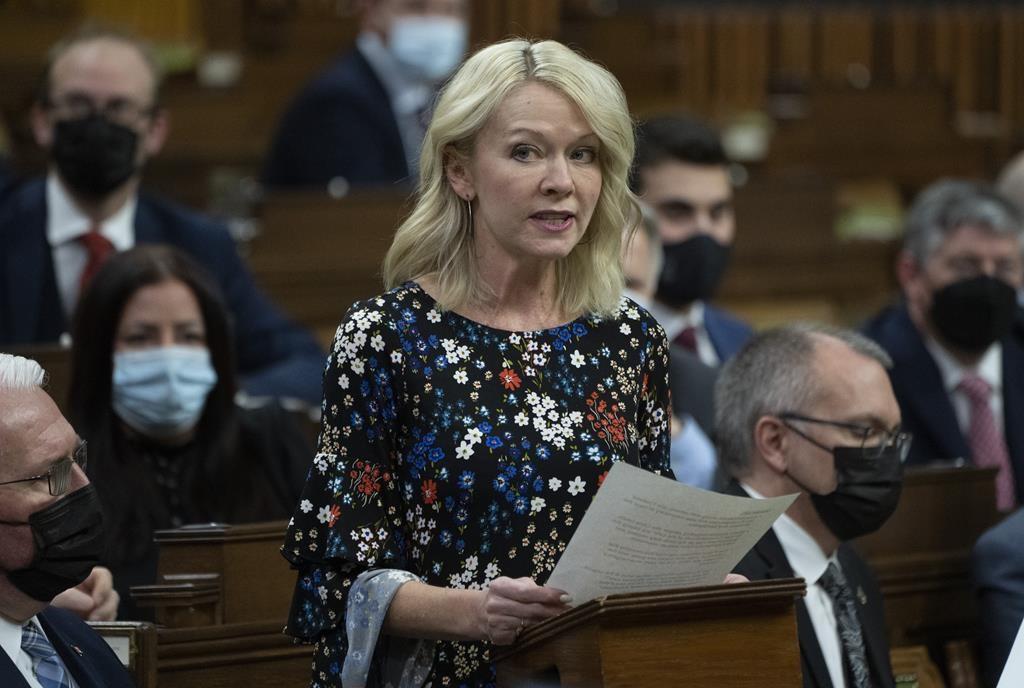With Canada steadily increasing sanctions on Russia to respond to its invasion of Ukraine, the Conservative Party is calling for the government to use the country’s hydrocarbon resources to hurt Russia economically.
“Safety, security, sovereignty—those must be all top priorities for any government, and it should be Canada’s priority especially now,” said interim Conservative leader Candice Bergen during question period on March 1.





